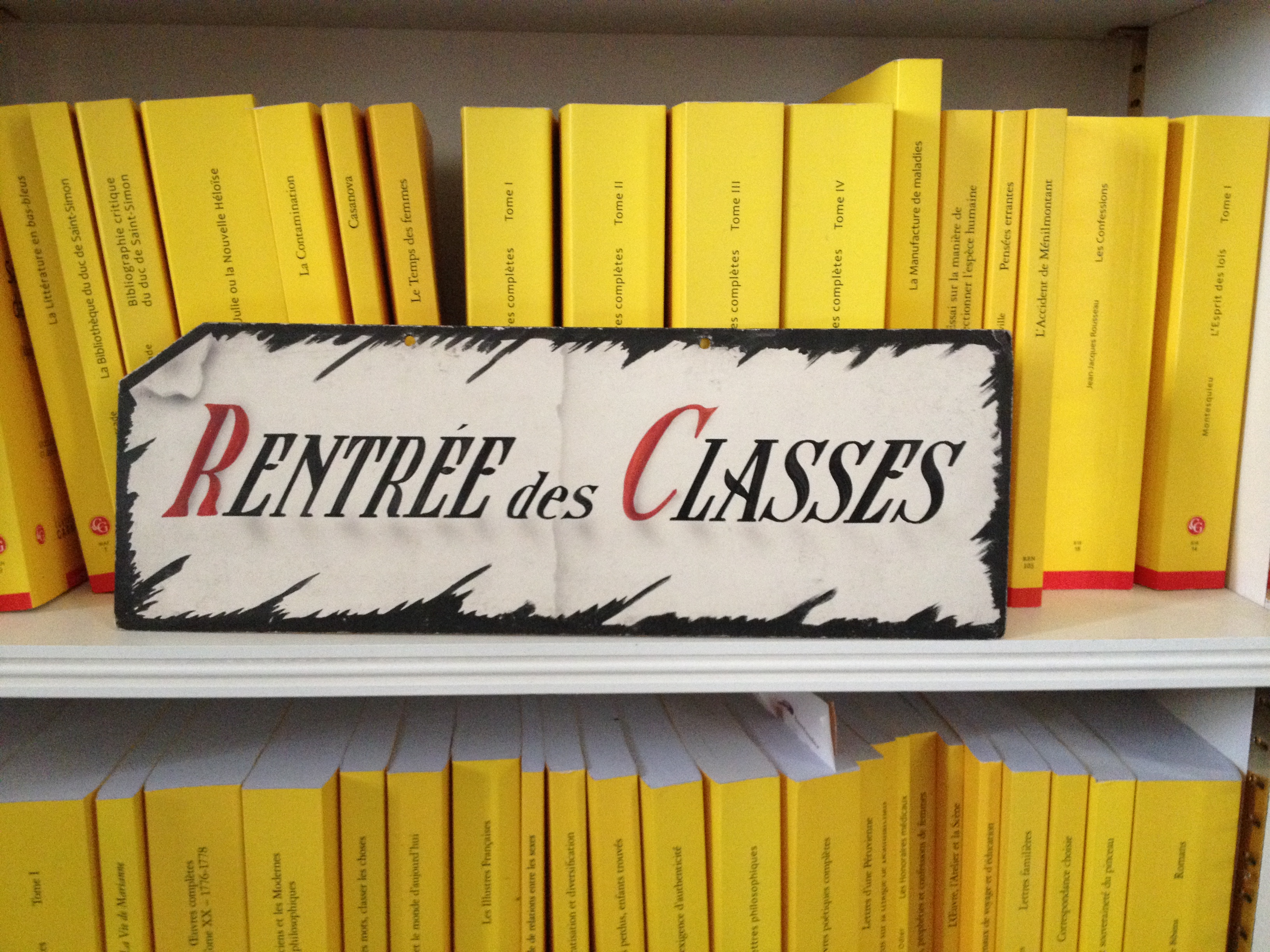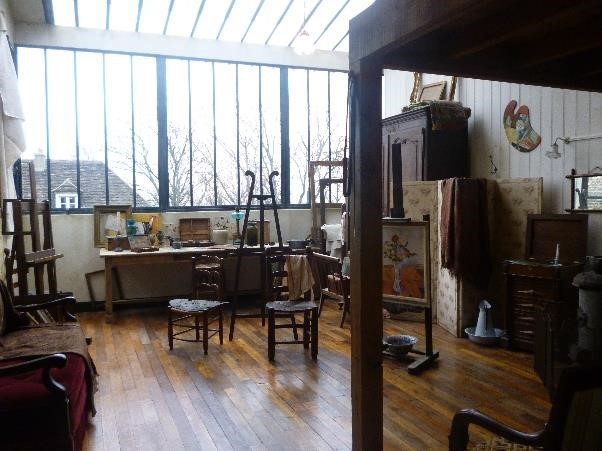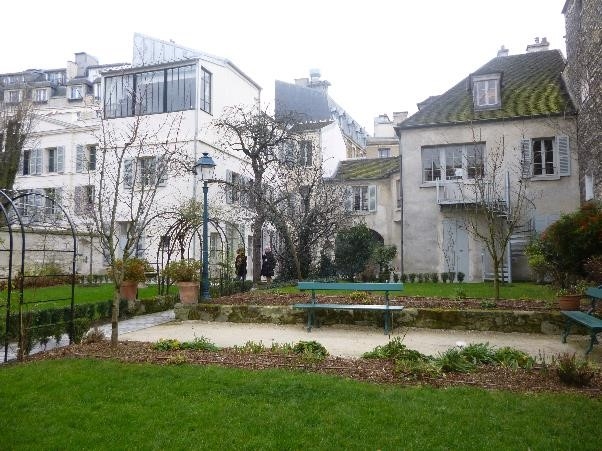
This post originally appeared on the Oxford University Creative Multilingualism site.
I have an indistinct memory of five-year-old me bashfully articulating my first English words. I was so fascinated by the mystery lying behind what I thought was a secret code that I would listen to my father’s music collection and try to translate the lyrics. Our English lessons at school involved doing boring and repetitive exercises and my friends rapidly lost their enthusiasm for languages, but mine was kept alive by music and some animated cartoons my mother used to buy me.
At the age of fourteen, I applied for a linguistic high school where I studied French, English and Spanish. By eighteen, I was fluent in four languages, including my mother tongue (Italian). I had the chance to spend some time abroad as a teenager and that was crucial in my language development since I learnt things that books could not teach. At university, my studies were mainly concerned with literature and critical reading methods. I learnt how to pull apart the narrative structure of a novel in order to have a full understanding of it, but still, I felt ill-prepared to engage in conversation and unable to act naturally whilst speaking in a foreign language. It was during my master’s that I had the chance to join the staff of a local film festival, which gave me the opportunity to view films from a different perspective and understand how they can be an effective language learning tool. The pages of books turned into minutes on screen, descriptions into long shots, and words into gestures. My job was to translate the subtitles from English to Italian, requiring patience and attention to detail, because every word has to be weighed on a scale where weights and measures are ever changing.
Film is an extremely powerful communication medium and aims for the noblest purpose: knowledge. One can see and hear language used at the same time and, as a result, language stops being just about grammar and syntax, and comes to life. The auditory component is essential to the learning process and, with the help of subtitles, watching films can be an effective way to learn or hone language skills. In Italy, subtitles are quite unpopular and people have favoured dubbing over subtitles ever since Benito Mussolini imposed a protectionist policy in order to safeguard the Italian language from foreign influences. I believe this is now anachronistic and also a possible cause of diversity denial. The use of original-language films with subtitles would encourage people to experience other languages and lead them to a new awareness and to a more open-minded attitude.
Teaching English to children as a private tutor helped me to experiment with different learning methods and to be creative, as kids need constant entertainment and stimulation. The use of animated cartoons with English audio and subtitles helped the children to develop their language skills as their school lessons seldom involved listening exercises. It requires a significant effort at the beginning, but the results are remarkable in the long run. First, one has to get used to the sound of the language; then, subtitles help retain what one has heard and re-read unclear dialogue bits. Last but not least, contextualisation is crucial and the use of certain expressions or idioms is clearer when boosted by visual information.
Now I’m working at the Oxford Language Centre Library thanks to the Erasmus post-graduation project. We have books written in about 200 languages and a wide collection of films in their original language with subtitles that students often use, confirming that they are an essential learning tool.
Marta Triberio is currently doing an ERASMUS in the Oxford Language Centre Library. She has a Master’s degree in Comparative and Postcolonial Literatures at University of Bologna (Italy) and previously worked as an Audiovisual Translator at Lucca Film Festival.












 posted by Simon Kemp
posted by Simon Kemp

